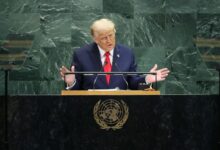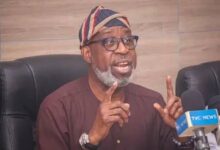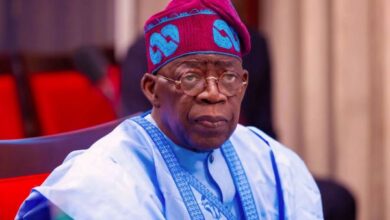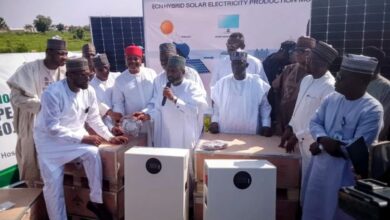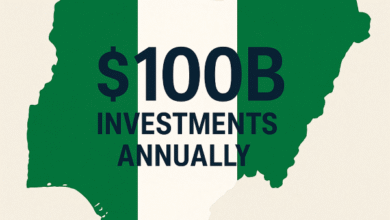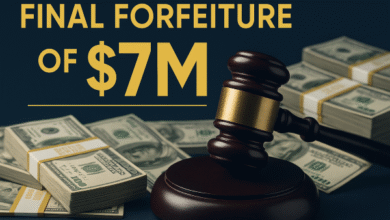Buhari’s Policy on oil to focus on reforms, taxes last
 Oil firms keen to know how Muhammadu Buhari, President-elect, plans to tax them could wait a long time as he makes ending corruption and reforming Nigerian National Petroleum Corporation, NNPC, his most urgent sector priorities.
Oil firms keen to know how Muhammadu Buhari, President-elect, plans to tax them could wait a long time as he makes ending corruption and reforming Nigerian National Petroleum Corporation, NNPC, his most urgent sector priorities.Four party sources from Buhari’s All Progressives Congress, APC, told Reuters the issue of fiscal terms, seen as crucial by the industry, will have to wait on current thinking about oil and gas policies.
Crude output has stagnated close to two million barrels per day over the past few years, owing partly to under-investment.
“We need to address the structural issues and leave the fiscal for now,” Senator Bukola Saraki told Reuters.
“A more transparent Nigerian National Petroleum Corporation, NNPC, is needed with reasonable accounting,” he said.
Buhari owes his March 28 victory against incumbent Goodluck Jonathan partly to a perception that Jonathan allowed corruption to get out of control— especially in the oil sector.
A string of multi-billion dollar oil corruption scandals tainted NNPC and other bodies that handle energy.
By contrast, Buhari was seen as one of the few Nigerian leaders to have cracked down on corruption during his military rule in 1983-1985. Many Nigerians hope he will again.
A Nigerian investment banker focused on upstream oil and gas projects, who declined to be named, said: “The worry is that there’s going to be a lot of time wasted in witch-hunting. That could take a year in which nothing else will happen.”
APC leader, Bola Tinubu, whose support was instrumental in Buhari’s victory and wields huge influence, told Reuters a transitional committee would be set up.
“No way will we discuss that now,” he said.
Source: Vanguard


